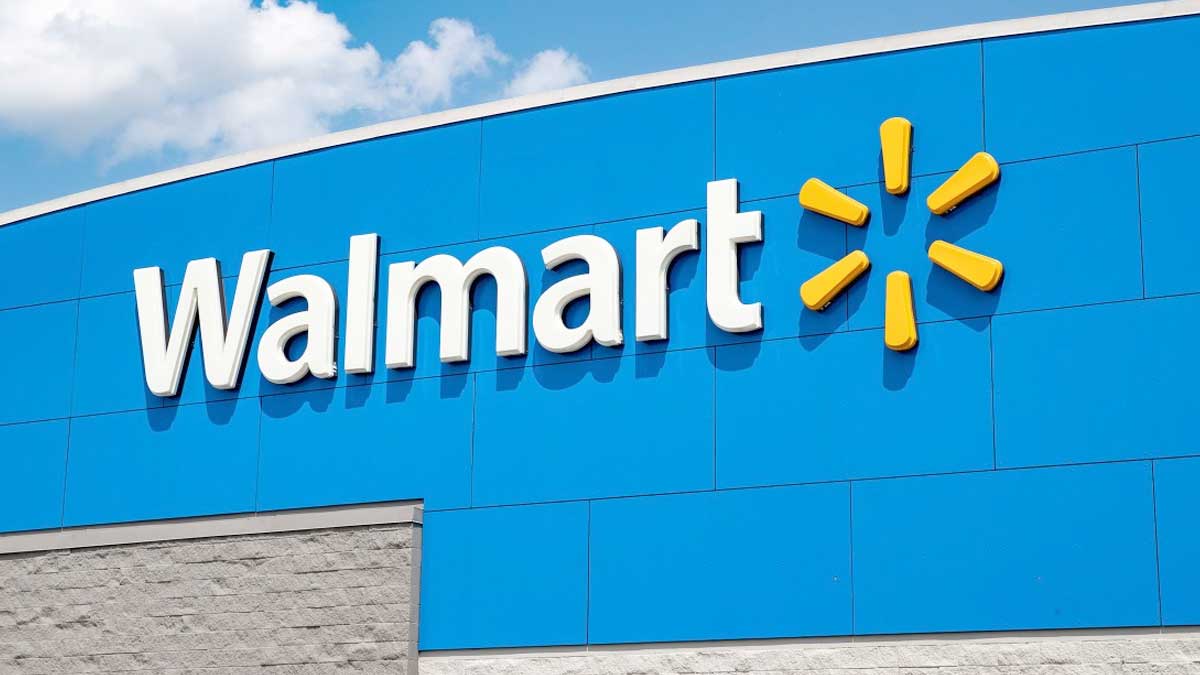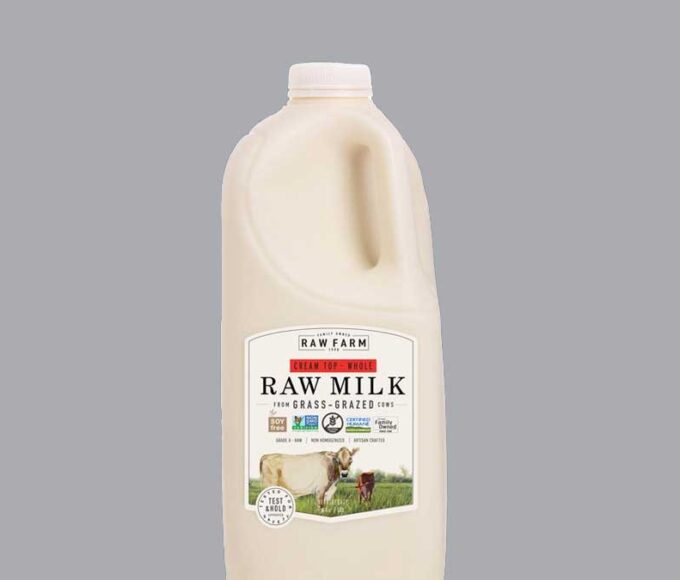- Home
- Billionaires
- Investing Newsletters
- 193CC 1000
- Article Layout 2
- Article Layout 3
- Article Layout 4
- Article Layout 5
- Article Layout 6
- Article Layout 7
- Article Layout 8
- Article Layout 9
- Article Layout 10
- Article Layout 11
- Article Layout 12
- Article Layout 13
- Article Layout 14
- Article Sidebar
- Post Format
- pages
- Archive Layouts
- Post Gallery
- Post Video Background
- Post Review
- Sponsored Post
- Leadership
- Business
- Money
- Small Business
- Innovation
- Shop
Recent Posts
Walmart Recalls Apple Juice Due to Arsenic Concerns

Walmart has initiated a voluntary recall of nearly 10,000 cases of its Great Value brand apple juice due to concerns about elevated arsenic levels. The recall, which was upgraded by the U.S. Food and Drug Administration (FDA), highlights the potential health risks associated with consuming these products. Although no reports of illnesses have been linked to the affected apple juice, the recall serves as a precautionary measure to ensure consumer safety.
On August 15, Walmart recalled 9,535 cases of 8-ounce Great Value brand apple juice bottles after discovering that the bottles contained inorganic arsenic levels exceeding industry standards. Inorganic arsenic is a known carcinogen and can pose significant health risks, particularly with prolonged exposure. The FDA’s notice regarding the recall underscores the seriousness of the situation, emphasizing that the levels of arsenic found in these products are above the acceptable threshold.
The FDA has since upgraded the recall to a Class II recall, indicating that while consuming the affected apple juice might not result in immediate or severe health consequences, there is a potential for temporary or medically reversible adverse health effects. The probability of serious health consequences from consuming these products is considered remote, yet the recall is a critical step in preventing any possible harm to consumers.
Refresco Beverages US Inc., the Florida-based manufacturer of the recalled apple juice, voluntarily initiated the recall. This action affects Walmart stores across 25 states, as well as locations in Puerto Rico and the District of Columbia. The specific states impacted by the recall include Alabama, Connecticut, Delaware, Florida, Georgia, Illinois, Indiana, Kentucky, Maine, Maryland, Massachusetts, Michigan, Mississippi, New Hampshire, New Jersey, New York, North Carolina, Ohio, Pennsylvania, South Carolina, Tennessee, Vermont, Virginia, and West Virginia.
The recalled apple juice bottles have a “best if used by” date of December 28, 2024. Consumers who have purchased the affected products are advised to stop using them immediately and return them to Walmart for a full refund. Although the FDA has not received any reports of adverse events related to the recalled apple juice, consumers are encouraged to be cautious and follow the recall guidelines.
In a statement shared with Forbes, Walmart emphasized its commitment to customer safety, stating, “The health and safety of our customers is always a top priority. We have removed this product from our impacted stores and are working with the supplier to investigate.” This proactive approach demonstrates Walmart’s dedication to addressing the issue swiftly and ensuring that no further risks are posed to consumers.
Arsenic, a naturally occurring element, can be found in the environment from both natural and human-made sources. It is present in soil, water, and air, and can be absorbed by plants, including apple trees. Arsenic exists in two forms: organic and inorganic. While organic arsenic is generally considered less harmful, inorganic arsenic is more toxic and has been associated with various health risks. The FDA has set a limit of 10 parts per billion (ppb) for inorganic arsenic in apple juice to minimize the risk to consumers. The levels detected in the recalled apple juice exceeded this limit, prompting the recall.
Exposure to arsenic, particularly inorganic arsenic, can have serious health implications. The most common source of arsenic exposure is contaminated drinking water, but it can also be found in low levels in certain food products, including rice, fish, and fruit juices like apple juice. According to the National Institute of Environmental Health Sciences (NIEHS), arsenic can affect a wide range of organs and systems in the body, including the immune, cardiovascular, endocrine, nervous, respiratory, and renal systems. Short-term exposure to high levels of arsenic can result in symptoms such as nausea, vomiting, abdominal pain, bruising, and numbness or a burning sensation in the hands and feet.
Long-term exposure to arsenic is particularly concerning because both forms of arsenic, organic and inorganic, are known carcinogens. Chronic exposure to arsenic has been linked to an increased risk of developing several types of cancer, including lung, skin, liver, kidney, and bladder cancer. Research from the University of California, Berkeley, suggests that childhood exposure to arsenic may increase the risk of developing bladder and lung cancer later in life. Additionally, some studies have found a connection between exposure to low-to-moderate levels of arsenic and the development of metabolic diseases such as diabetes.
Given the potential health risks associated with arsenic exposure, the recall of Walmart’s Great Value brand apple juice is a necessary precaution to protect consumers. The FDA’s monitoring of arsenic levels in food products, including apple juice, plays a crucial role in ensuring food safety and minimizing the risk of exposure to harmful substances. As the investigation continues, Walmart and Refresco Beverages are likely to implement additional measures to prevent similar incidents in the future.
For consumers, the key takeaway from this recall is the importance of being aware of food safety notices and taking immediate action when products are recalled. By staying informed and following recall guidelines, consumers can protect themselves and their families from potential health risks associated with contaminated food products.
Recent Posts
Categories
- 193 Countries Consortium Partner1
- 193cc Digital Assets2
- 5G1
- Aerospace & Defense48
- AI37
- Arts3
- Banking & Insurance11
- Big Data3
- Billionaires1,261
- Boats & Planes1
- Business332
- Careers13
- Cars & Bikes79
- CEO Network1
- CFO Network17
- CHRO Network1
- CIO Network1
- Cloud10
- CMO Network18
- Commercial Real Estate7
- Consultant1
- Consumer Tech194
- CxO1
- Cybersecurity73
- Dining1
- Diversity, Equity & Inclusion4
- Education7
- Energy8
- Enterprise Tech29
- Events11
- Fintech1
- Food & Drink2
- Franchises1
- Freelance1
- Future Of Work2
- Games149
- GIG1
- Healthcare79
- Hollywood & Entertainment203
- Houses1
- India’s 1000 Richest1
- Innovation46
- Investing2
- Investing Newsletters4
- Leadership65
- Lifestyle11
- Manufacturing1
- Markets20
- Media327
- Mobile phone1
- Money13
- Personal Finance2
- Policy569
- Real Estate1
- Research6
- Retail1
- Retirement1
- Small Business1
- SportsMoney42
- Style & Beauty1
- Success Income1
- Taxes2
- Travel10
- Uncategorized13
- Vices1
- Watches & Jewelry2
- world's billionaires1,230
- Worlds Richest Self-Made Women2
Related Articles
Musk Endorses Mounjaro, Backs Affordable Weight-Loss Drugs
Elon Musk, the CEO of Tesla, made headlines on Christmas Day with...
By 193cc Agency CouncilDecember 27, 2024What Healthcare Can Learn from Nvidia’s Success
The tech industry is undergoing a seismic transformation, with two of its...
By 193cc Agency CouncilDecember 16, 2024Salmonella Triggers Recalls of Costco Eggs and Cucumbers
The recent salmonella outbreak has prompted the recall of two major food...
By 193cc Agency CouncilNovember 30, 2024Bird Flu Found in Raw Milk in California, Recall Issued
California health authorities have confirmed the presence of the bird flu virus...
By 193cc Agency CouncilNovember 25, 2024















Leave a comment